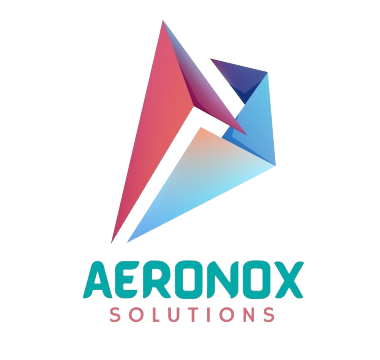Choosing the right digital marketing agency can be a pivotal decision for businesses looking to enhance their online presence and drive growth. With the abundance of agencies claiming expertise in various digital marketing services, it's crucial to identify the factors that distinguish top-performing agencies from the rest. Here are some key considerations to keep in mind:
Experience and Expertise:
Look for agencies with a proven track record of success in your industry. Experience indicates familiarity with industry trends, audience behaviors, and effective strategies. Moreover, expertise in specific areas such as SEO, social media marketing, or content creation can significantly impact campaign performance.
Client Portfolio and Case Studies:
Evaluate the agency's portfolio to assess the diversity and quality of their work. Case studies highlighting successful campaigns provide valuable insights into their approach, creativity, and ability to deliver results. Pay attention to metrics like conversion rates, ROI, and engagement metrics to gauge effectiveness.
Reputation and Reviews:
Research the agency's reputation within the industry and among past clients. Online reviews, testimonials, and referrals can offer firsthand insights into their reliability, professionalism, and client satisfaction. A reputable agency should have a positive online presence and a history of building long-term relationships with clients.
Strategic Approach:
Assess the agency's strategic approach to digital marketing. A data-driven and goal-oriented strategy tailored to your business objectives is essential for achieving measurable results. Inquire about their process for developing customized strategies, conducting market research, and optimizing campaigns based on performance data.
Technological Capabilities:
In today's digital landscape, technology plays a crucial role in executing effective marketing campaigns. Ensure that the agency utilizes cutting-edge tools, software, and analytics platforms to maximize efficiency and performance. Additionally, inquire about their proficiency in leveraging emerging technologies like AI, machine learning, and automation.
Communication and Transparency:
Effective communication is vital for a successful partnership with a digital marketing agency. Choose an agency that prioritizes transparency, responsiveness, and open collaboration. Clear communication channels, regular progress updates, and access to performance reports foster trust and enable effective decision-making.
Customization and Flexibility:
Every business is unique, and a one-size-fits-all approach rarely yields optimal results in digital marketing. Seek agencies that offer personalized solutions tailored to your specific needs, goals, and budget. A flexible and adaptable approach allows for ongoing optimization and adjustment based on changing market dynamics.
Value for Investment:
While cost is an important factor, prioritize value over price when selecting a digital marketing agency. Consider the potential return on investment (ROI) and long-term benefits of partnering with a reputable agency that delivers tangible results. Evaluate pricing models, service offerings, and contract terms to ensure alignment with your budget and objectives.
Cultural Fit:
Assess the agency's culture, values, and work ethic to ensure compatibility with your own organization. A collaborative and synergistic relationship fosters creativity, innovation, and mutual success. Look for agencies that demonstrate enthusiasm, professionalism, and a genuine interest in understanding your brand and audience.
Scalability and Growth Potential:
As your business evolves and expands, your digital marketing needs may change accordingly. Partnering with an agency capable of scaling alongside your growth ensures continuity and consistency in your marketing efforts. Evaluate the agency's capacity to accommodate increasing demands, expand service offerings, and support your long-term objectives.
In conclusion, selecting the right digital marketing agency requires careful consideration of various factors ranging from experience and expertise to communication and cultural fit. By prioritizing strategic alignment, transparency, and a commitment to driving measurable results, businesses can establish productive partnerships that propel their online success and fuel sustainable growth.

